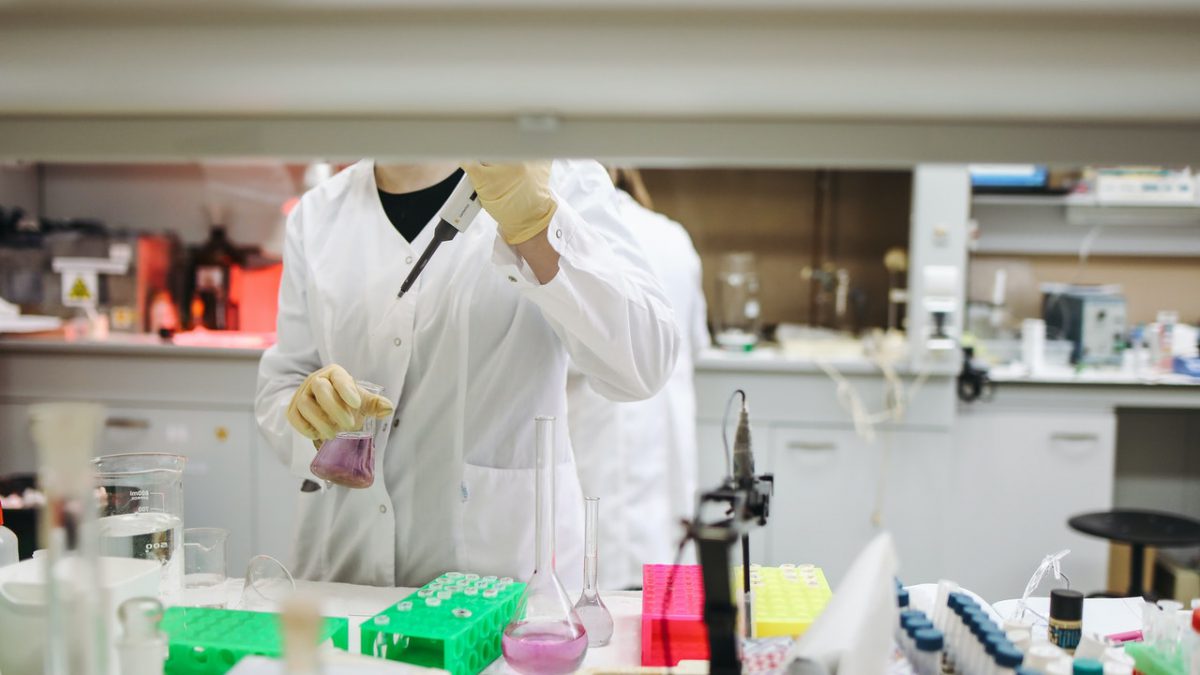Pathology is one of the most important medical curricula that students learn during their clinical and nonclinical years. It is one of the diverse medical specialties that has a broader career scope and focuses on different areas of diagnosis, treatment, and prevention of diseases. If you are interested in pathology but not sure whether you are a perfect fit for this medical specialty, this post will help you make the right decision about your career.
If you are wondering why should I choose pathology, how to become a pathologist, what do they do and what diverse career options available in the field of pathology, here are the answers to your every question.
Why Choose a Career in Pathology?
Pathology is the foundation of all clinical medicine that covers every aspect of patient care, diagnostic testing, and treatment plans. Pathologists perform different clinical procedures and experiment with the latest technologies to devise possible treatment options to prevent diseases. They put their best efforts to come up with a better solution to fight viruses, infections, and different life-threatening conditions.
Let’s check out the reasons to choose pathology as a medical specialty.
A Diverse Industry with the Latest Advancements
Pathology is one of the fast-paced medical fields that provides healthcare professionals to better equipped with the latest clinical procedures and diagnostic techniques. Being a pathologist, you will polish your problem-solving and analytical skills by studying samples and investigating what is making patients unwell. You will get an opportunity to familiarize yourself with the cutting-edge laboratory techniques and clinical procedures to analyze body fluids. Pathologists also conduct researches to study the behavior of viruses and bacteria and investigate the effects of new drugs in clinical trials to devise the treatment.
A Variety of Career Options Available
Choosing pathology as a medical specialty will prepare you for a myriad of exciting employment options. Pathologists are high in demand and will always continue to be in demand in the field of healthcare. You will find a number of career options in a number of healthcare settings – hospitals, laboratories, emergency clinics, research labs, medical schools, and universities.
Pathologists Play a Major Role in the Healthcare Industry
Pathologists can make a big difference in patients’ lives by investigating the cause of their illness and keep their lives clean of infection. They are playing an exciting and vital role in providing optimal patient care on a big scale. With their diagnostic, interpersonal, and research skills, pathologists can They are well versed with different laboratory test utilization procedures, advanced digital imaging techniques to come up with the appropriate clinical decision. Pathologists understand the nature of every type of infection and make sure every patient gets proper treatment.
Major Responsibilities of Pathologists
Pathologists are medical scientists who are responsible for studying the type of disease or infection, causes, and possible effects. They offer a wide array of services to nearly every aspect of clinical medicine. They determine why a disease or infection occurred, how the cells or tissues were damaged, figure out the signs, symptoms, and other clinical investigations to reach a diagnosis.
Pathologists diagnose diseases by performing different clinical procedures and examining cells and tissue samples. They help doctors to create an appropriate treatment plan for the patients by monitoring patients and managing their ongoing health.
Here is a list of duties you are supposed to perform as a pathologist.
- Examine the results of blood tests to find any abnormality in blood cells
- Study smear tests and biopsies to detect chronic illnesses such as cancer and other conditions
- Perform fine needle aspirations to identify malignancy
- Perform autopsies to figure out the cause of the disease or death
- Explain test results to doctors and other medical staff and advise on further medical assessments
- Conduct clinical trials to develop effective vaccines for infectious diseases
- Perform research and experiments to make new tests and devise effective treatment options
- Supervising laboratory staff to prepare clinical reports and ensure accurate test results
- Attending meetings with doctors, nurses, surgeons, and other healthcare staff to suggest a potential treatment plan
Career Options in Pathology
To become a pathologist, you need to complete a four-year MD degree, 2 to 4-year residency training in pathology program, and further training in a fellowship program (to pursue a subspecialty). By earning a medical degree, completing a residency program, and obtaining a medical license, you will be eligible to start your career as a pathologist. You can work in a number of fields, healthcare settings, and work as a/an:
- Anatomic Pathologist
- Cytopathologist
- Clinical Pathologist
- Histopathologist
- Chemical Pathologist
- Hematopathologist
- Virologist
- Microbiologist
- Forensic Pathologist
- Pediatric Pathologist
- Neuropathologist
- Molecular Genetic Pathologist
- Dermatopathologist
- Medical technologist
What Skills Do You Need to Become a Pathologist?
- Problem-solving skills
- Leadership skills
- Analytical skills
- Communication skills
- Emotional stability
- Integrity
- Ability to absorb a great deal of information
- Professionalism
- Ability to work in a team
Are You Ready to Become a Pathologist?
Pathology is undeniably a constantly evolving medical field that offers you numerous career opportunities and better salary prospects. To specialize in pathology, you need to get into a medical school and get some exposure to the specialty before embarking on a career as a pathologist.







